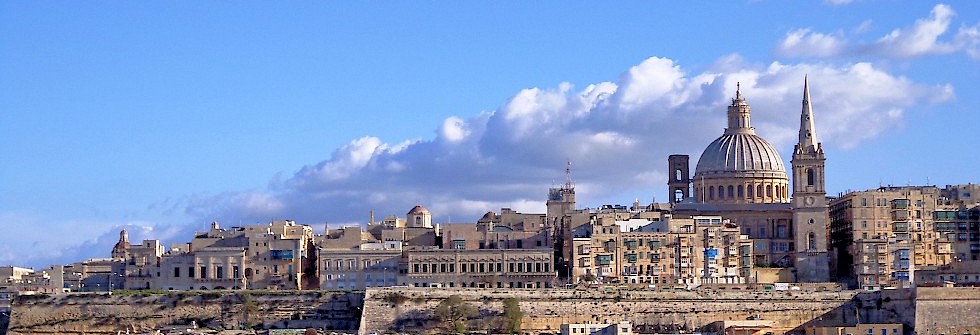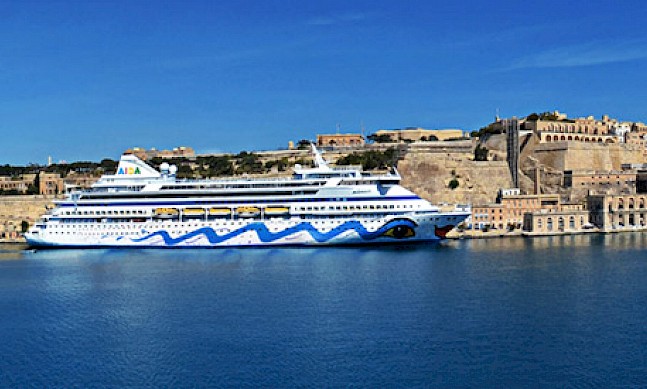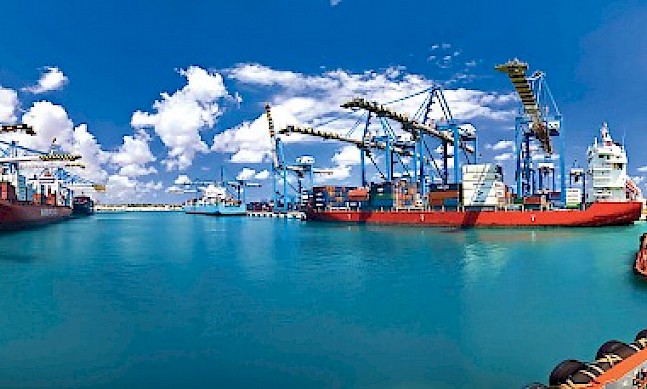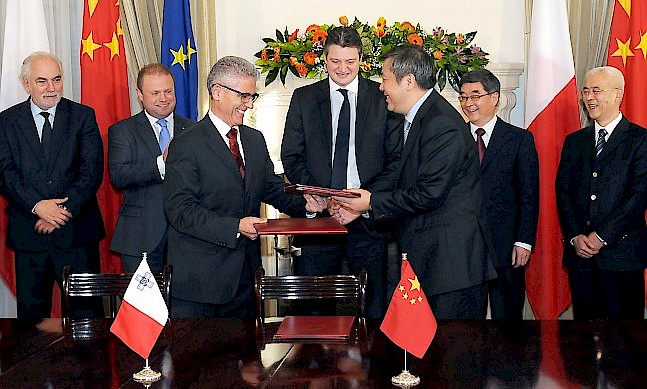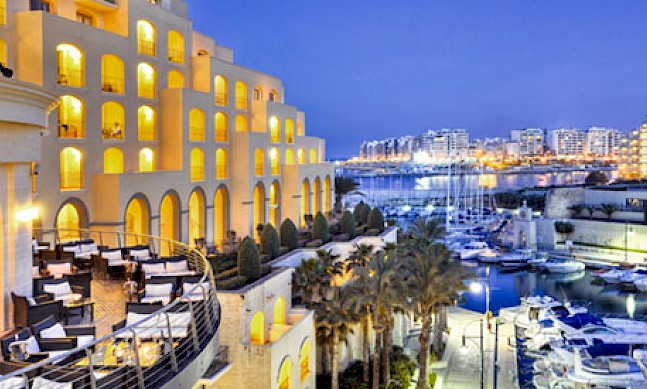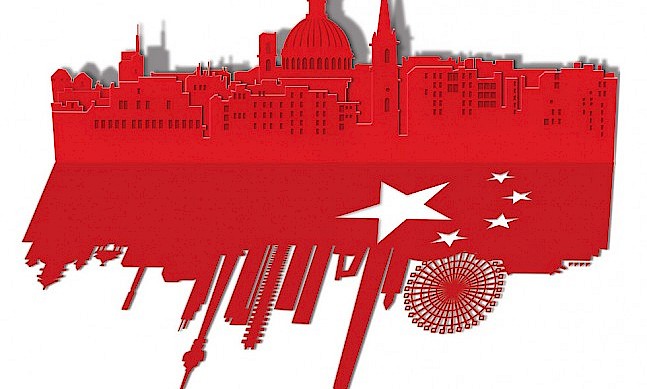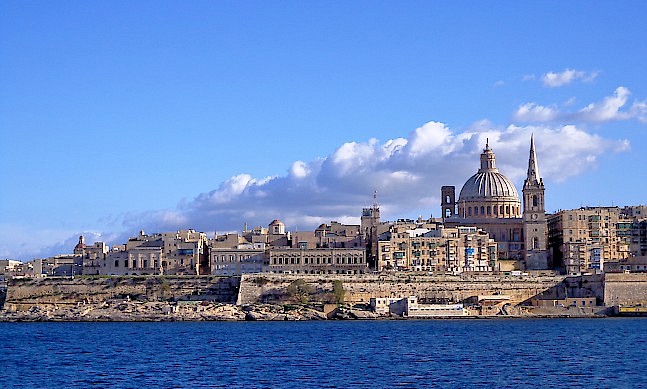Malta has long enjoyed a reputation as a strategic hub and a paradise for visitors. It is now aiming to build on that status by developing a modern economy and attracting investment from across the globe.
When the Phoenicians discovered Malta, in around 1,000BC, they called it “Malat”, meaning “safe haven” and today this archipelago that sits just south of Sicily prides itself on being just that. Its location in the heart of the Mediterranean places it between the politically turbulent North African region and a southern Europe that is still reeling from the recent economic crisis. Yet despite the turmoil afflicting its neighbours in recent years, Malta can boast not just a calm political landscape and stable financial sector, but also a culture and economy that are reaching across the Mediterranean and beyond.
“We are promoting ourselves as a stable, safe country with good rule of law and good standards,” says George Vella, minister for foreign affairs. “We are looking forward to opening up as much as possible to the whole world.”
Malta’s merits have long been apparent to visitors. The hundreds of thousands of tourists it receives each year are lured both by the extraordinary natural beauty of its beaches, bays and inland scenery, as well as its charming towns and historical monuments. As well as the Phoenicians, Malta has hosted the Greeks, Carthaginians, Romans, Byzantines and Arabs, all of whom have been drawn to its ideal location as well as its beauty.
“Finding the truth is fine but unless you can put things together to find value, it’s not enough.”
Edward de Bono Author, physician and consultant
Post ThisA modern nation
Today, Malta is determined to retain that strategic importance but also to convince the international community that among the historical buildings of its UNESCO World Heritage sites beats a vibrant, modern heart. There is a feeling that the time is ripe for Malta to make its presence felt on the global stage. “We are not a country in its infancy,” says Christian Cardona, minister for the economy. “And so now we are positioned to focus on our niche markets. We have to work on those markets and excel in them and make sure we create a hub of excellence.”
Over the last decade, Malta’s economy, which Bank of Valletta CEO Charles Borg describes as “probably the most open in Europe”, has suffered only one year of negative economic growth, in 2009. The banking sector, operating within a rigorous yet flexible regulatory framework, sidestepped much of the trauma of the eurozone crisis, and the financial industry draws 80 percent of Malta’s foreign direct investment (FDI).
Eastern promise
In addition to tourism, the government is keen to grow other areas of the economy. Gaming is one area Malta is cultivating and having created pioneering legislation for e-gaming, the sector as a whole already accounts for more than 10 percent of GDP. Another objective is to broaden the sources of the country’s FDI. Malta is encouraging the Asian market, in particular, to see it as both an investment target in itself and as a gateway to Europe and North Africa. Shanghai Electric Power’s recent pledge to make a substantial investment in Malta’s national energy firm reflects the growing economic links with China.
The Maltese-Chinese bond is also increasingly visible in other areas, with Chinese tourism and cultural institutions now well established on the islands. “China appreciates Malta’s unique location and would like to make full use of it,” says the Chinese ambassador to Malta, Cai Jinbiao. The planned construction of a new, improved Chinese embassy building in Malta speaks volumes about the direction bilateral relations are heading.
